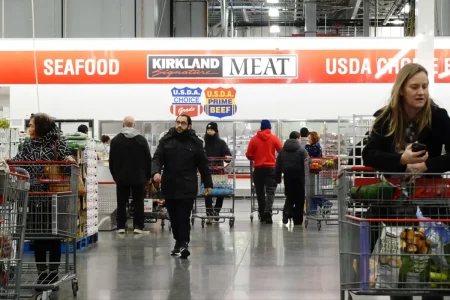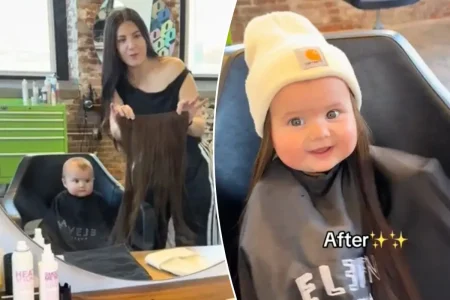Life’s Struggles and Human Connections: Finding Hope in Difficult Times
In a heartfelt letter to Dear Abby, a 52-year-old woman from Massachusetts shares her struggle with depression and severe health issues that have confined her to her home. Living alone with her three cats, she expresses feeling lost and confused about her life since becoming ill. She misses being active with family and friends as she once was and seeks advice on managing her depression and finding ways to be more engaged with life without dwelling on her health challenges. Her situation reflects the isolation many face when dealing with chronic illness—how daily routines and social connections become disrupted, leaving a void that’s difficult to fill. The emotional toll of physical limitations often compounds the sense of loss, creating a cycle that’s hard to break without support.
Abby responds with compassionate practical advice, acknowledging that depression stems from various sources and requires professional attention. She emphasizes the importance of discussing ongoing depression with a physician, suggesting that working with a psychologist and possibly medication could help the woman cope more effectively with her challenges. For rebuilding social connections, Abby recommends exploring online support groups or foundations dedicated to her specific medical conditions. These communities can provide both understanding and practical suggestions from others facing similar circumstances. This advice highlights an important truth—that finding people who understand our specific struggles can be powerfully healing, offering both validation and practical wisdom that comes only from shared experience.
In another letter, a musician shares a complex situation with a longtime friend named Chris, with whom he’s performed for decades despite living in different cities. Over the past twenty years, Chris has embraced a fundamentalist religious perspective that caused the letter writer to create some distance in their friendship. When Chris’s mother passed away, the writer reconnected to offer support during this difficult time, and they resumed their musical collaboration. The relationship seemed to be improving until an unfortunate misunderstanding occurred—the writer shared a demo titled “Pagan Christmas,” unknowingly offending Chris’s religious sensibilities. This situation illustrates how even long-term relationships can be challenged by evolving beliefs and values, and how easily miscommunications can reopen old wounds.
Chris responded to the demo with clear discomfort, stating that while he appreciated the music itself, both he and others he cared about found the title offensive. He expressed that he couldn’t contribute to anything that might be perceived as having an anti-Christian bias and suggested the writer rename the piece with “a more inclusive and marketable moniker.” This response left the letter writer conflicted between ignoring the message and feeling angry about the reaction. The situation demonstrates the delicate balance we often need to strike between authentic self-expression and sensitivity to others’ deeply held beliefs—a challenge that becomes increasingly common in a diverse society where people hold varying and sometimes conflicting worldviews.
Abby’s response to this situation is pragmatic and peace-oriented. She advises against nursing anger, calling it “a waste of time,” and instead suggests apologizing for the oversight. She recommends explaining that the potential for offense wasn’t realized until after sending the demo and then trying to find a compromise on the title that would satisfy both parties. If no compromise can be reached, Abby suggests simply asking Chris not to use the song. This practical approach acknowledges both the importance of creative integrity and the value of long-term relationships, suggesting that with good communication, many interpersonal conflicts can be resolved without either party having to fully abandon their position.
These exchanges in Dear Abby’s column reveal universal human struggles—isolation, health challenges, friendship complications, and differing worldviews. They remind us that despite our individual circumstances, we all seek connection, understanding, and purpose. Whether dealing with physical limitations that confine us to our homes or navigating relationships complicated by different beliefs, the path forward often involves reaching out for appropriate support, communicating honestly but sensitively, and finding communities where we can both give and receive understanding. In a world that can sometimes feel divisive and isolating, these stories highlight our shared humanity and the healing power of compassion, both toward others and ourselves, as we navigate life’s inevitable challenges.















